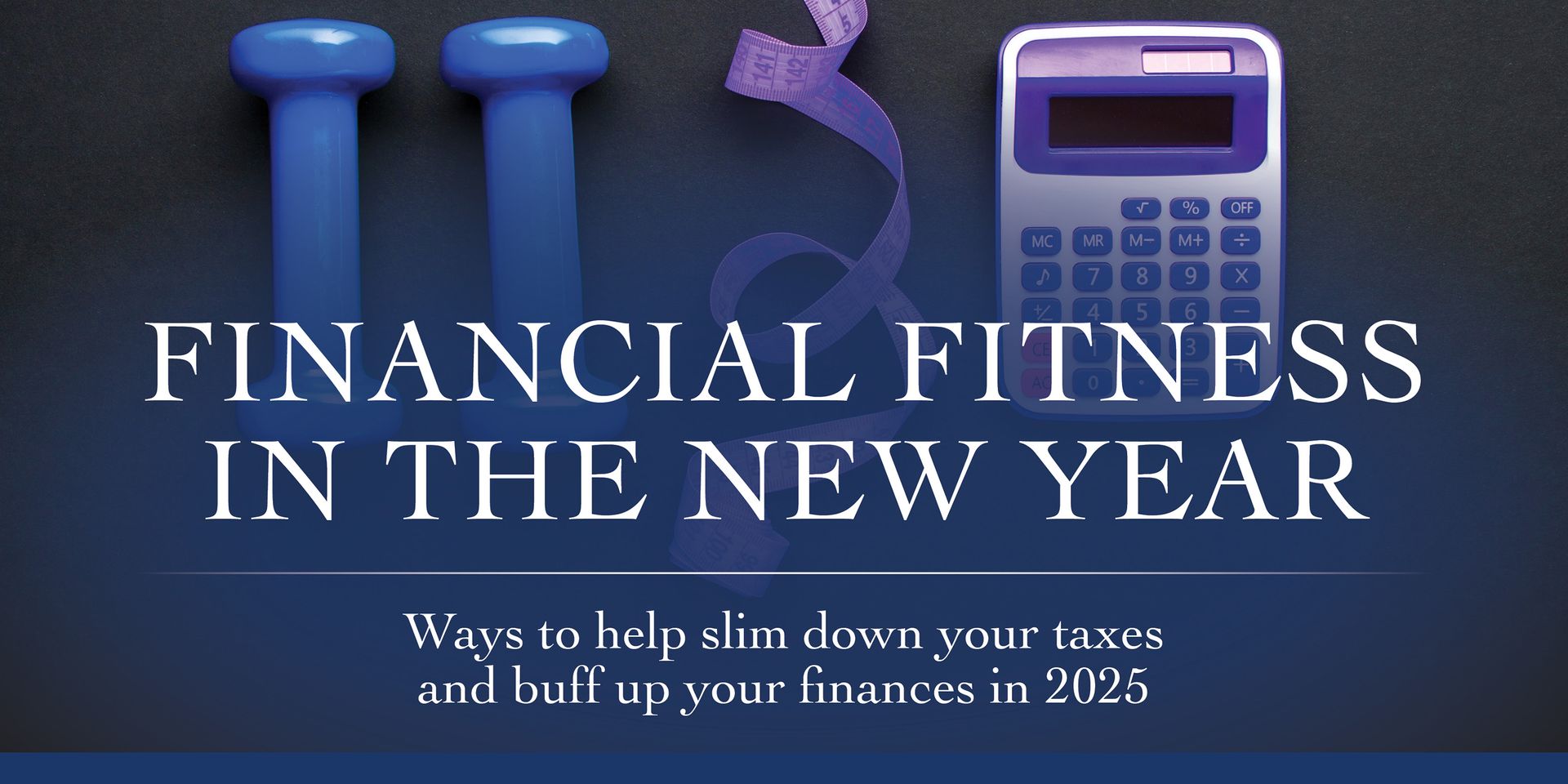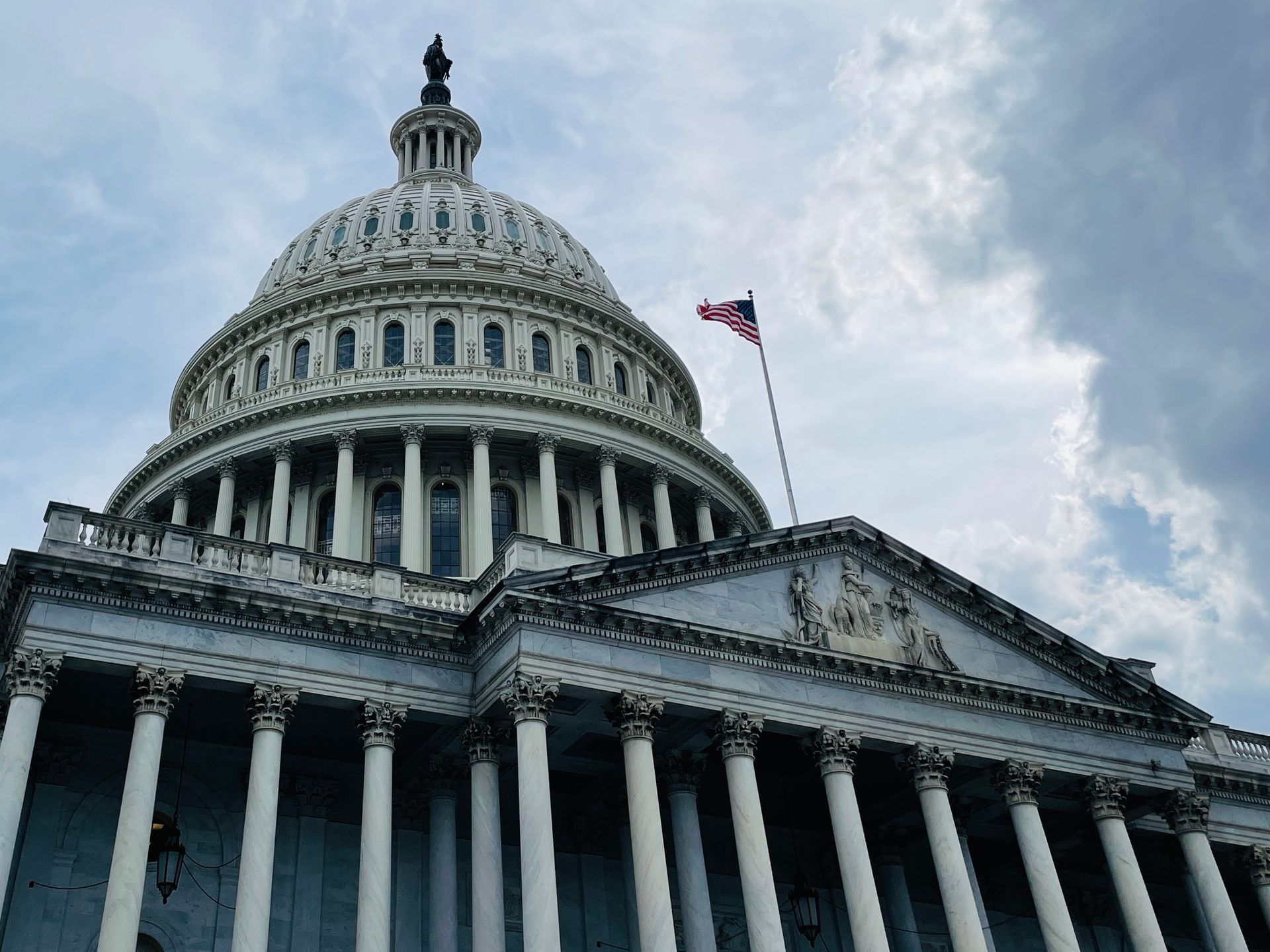Secure Act 2.0 is on the way. The bill recently passed the House of Representatives in rare bipartisan fashion, with a 414 - 5 vote in favor.
You may remember the first Secure Act, which was signed into law by former President Trump in December 2019. That law raised the age for required minimum distributions from 70 ½ to 72. It also impacted 401(k) contributions, student loan repayments, and the use of annuities in 401(k) plans.1
If passed as currently written, Secure Act 2.0 would have an even greater impact. The bill could change the RMD age even further, plus alter things like RMD penalties, catch-up contributions, employer contributions, and more.2
Below are seven ways Secure Act 2.0 could affect your retirement strategy:2
Raising the RMD age to 75.
Secure Act 1.0 raised the RMD age from 70 ½ to 72. Part 2.0 would push it out even further:
- Age 73 starting in 2023.
- Age 74 in 2030.
- Age 75 in 2033.
Catch-up contribution expansion.
Current law allows for employees age 50 and older to make catch-up contributions to their 401(k) each year in addition to their regular contributions. This year, the catch-up contribution amount is $6,500. Under Secure Act 2.0, that amount would increase to $10,000 for workers ages 62 to 64, beginning in 2024.3
Catch-up contributions become Roth contributions.
Under Secure Act 2.0, all catch-up contributions are treated as Roth contributions starting in 2023. That means that catch-up contribution dollars will be made with after-tax dollars. They still grow on a tax-deferred basis, and then distributions are tax-free after age 59 ½.3
New Roth matching contributions.
Secure Act 2.0 also allows employees to elect for their employer matching 401(k) contributions be made as Roth contributions. Again, these would be made with after-tax dollars, but would generate tax-free distributions in the future.3
Student loan matching contributions.
Secure Act 2.0 also formalizes an idea that the IRS has already approved. Secure Act 2.0 would allow employers to make matching contributions to 401(k) plans based on employee student loan payments. The contributions would vest on the same schedule as normal matching contributions.2
Reduced RMD penalties.
Under current policy, the penalty for a missed required minimum distribution is 50% of the missed distribution. Under Secure Act 2.0, that penalty would fall to 25%. 3
Automatic contributions.
Finally, Secure Act 2.0 would encourage retirement saving by requiring new 401(k) plans to automatically set new participants’ contributions at 3%, with 1% automatic increases each year up to a maximum of 10% contributions. Employees would have the opportunity to opt out of the automatic contributions.4
Secure Act 2.0 would mark a major change in retirement policy, and would also likely impact your strategy. It is not yet law, but given the bipartisan support of the bill thus far, it seems reasonable that it will pass.5
Let’s talk about your retirement income strategy and how it could be affected. That’s especially true if you will take RMDs or make catch-up contributions in the near future.
1. https://www.cnbc.com/2022/04/05/retirement-savers-may-benefit-from-secure-2point0-what-needs-working-out.html
2. https://finance.yahoo.com/news/secure-act-2-0-passes-120019436.html
Licensed Insurance Professional. We are an independent financial services firm helping individuals create retirement strategies using a variety of investment and insurance products to custom suit their needs and objectives. This material has been prepared for informational and educational purposes only. It is not intended to provide, and should not be relied upon for, accounting, legal, tax or investment advice.







Ready to start a conversation?
Developing your custom retirement plan begins here. We’ll spend 15 minutes getting to know you and your needs to match you with an advisor committed to helping you achieve your retirement goals.
Fields marked with a * are required.
Fill out the form below and a member of our team will be in touch with you shortly.
We will get back to you as soon as possible
Please try again later
¹https://www.ssa.gov/policy/docs/quickfacts/stat_snapshot/
²https://www.ssa.gov/oact/quickcalc/earlyretire.html
³https://www.ssa.gov/benefits/retirement/planner/delayret.html
⁴https://www.ssa.gov/benefits/retirement/planner/taxes.html
⁵https://www.cnbc.com/2021/09/01/americans-are-behind-on-retirement-savings-heres-how-to-get-on-track.html
⁶https://www.fidelity.com/viewpoints/personal-finance/plan-for-rising-health-care-costs
⁷https://www.federalreserve.gov/publications/2021-economic-well-being-of-us-households-in-2020-retirement.htm
Advisory Services Offered Through CreativeOne Wealth, LLC an SEC Registered Investment Advisor. Trinity Financial Group and CreativeOne Wealth, LLC are not affiliated.
Licensed Insurance Professional. We are an independent financial services firm helping individuals create retirement strategies using a variety of investment and insurance products to custom suit their needs and objectives. This material has been prepared for informational and educational purposes only. It is not intended to provide, and should not be relied upon for, accounting, legal, tax or investment advice. 22219 - 2022/9/13
Investing involves risk, including the loss of principal. No Investment strategy can guarantee a profit or protect against loss in a period of declining values. Any references to protection benefits or lifetime income generally refer to fixed insurance products, never securities or investment products. Insurance and annuity products are backed by the financial strength and claims-paying ability of the issuing insurance company.
Trinity Financial Group does not provide legal advice and cannot draft legal documents. We work with experienced CPA’s, tax planners and estate planning attorneys who develop the legal documents that express a client’s estate planning intentions. We are pleased to work with a client’s current estate planning attorney, CPA®, and other advisers.
Investment advisory services are provided in accordance with a fiduciary duty of care and loyalty that includes putting your interests first and disclosing conflicts. Insurance services have a best interest standard which requires recommendations to be in your best interest. Advisors may receive commission for the sale of insurance and annuity products. Additional details including potential conflicts of interest are available in our firm's ADV Part 2A and Form CRS (for advisory services) and the Insurance Agent Disclosure for Annuities form (for annuity recommendations).





